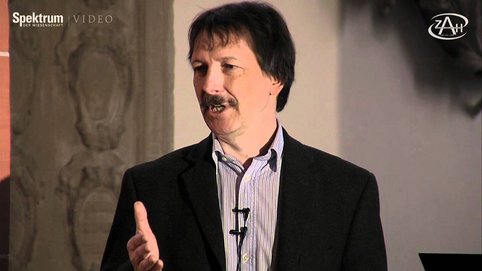Media
Why do we observe the coldest objects in the universe with infrared telescopes?
SPHERE - On the Hunt for Exoplanets
Video with Thomas Henning and Markus Feldt produced by Klaus Jäger about the remarkable instrument SPHERE (Spectro - Polarimetric High- contrast Exo -planet REsearch) at the ESO Very Large Telescope in Chile.
(Movie in German, an English version will follow)
Capturing direct images of exoplanets is one of the biggest challenges in observational astronomy for two reasons. First, the difference in brightness between the star and its planet is extremely large. Second, the apparent separation of such planets from their parent star is very small, due to their large distance from Earth. Direct observations therefore require both extremely high contrast and the best possible resolution.
https://www.youtube.com/watch?v=Npkcnv5tpfY
(Movie in German, an English version will follow)
Capturing direct images of exoplanets is one of the biggest challenges in observational astronomy for two reasons. First, the difference in brightness between the star and its planet is extremely large. Second, the apparent separation of such planets from their parent star is very small, due to their large distance from Earth. Direct observations therefore require both extremely high contrast and the best possible resolution.
Getting in Shape - Santander International Summer School
Twenty outstanding doctoral students from selected universities in Europe and Latin America were invited to participate in the Santander International Summer School "Reaching the Limits of the Sky." The speakers were scientists from Universität Heidelberg as well as renowned experts from other European and Latin American universities.
The aim of the summer school was to bring together young researchers and Ph.D. students who search an active career in astronomical instrumentation.


